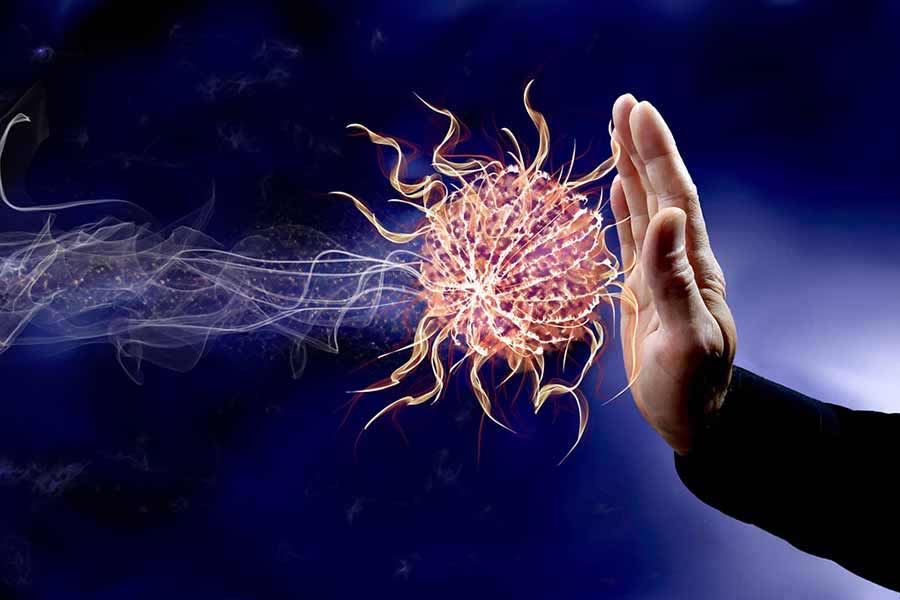Fasting under medical supervision can have amazing healing results. The concept of therapeutic fasting is not new; the early great philosophers, thinkers, and healers used fasting for health. Hippocrates, Plato, Socrates, Aristotle and Galen all praised the benefits of fasting. Paracelsus, one of the three fathers of Western medicine, is quoted as saying, “Fasting is the greatest remedy – the physician within.”
Unfortunately, as time went on, fasting as a modality to heal became obsolete as pill-popping became the modality of treatment. However, a small number of medical professionals kept up with its use, and today we are learning of its vast benefits and, in particular, how it works on a cellular level. Fasting works because the body has the capacity to heal itself, and when the process of digestion stops, healing is accelerated. Eating a Nutritarian diet allows the body to heal at a faster pace. I have been using fasting as a healing strategy throughout my career as a physician for patients who need to quicken the healing process.
Fasting promotes accelerated healing and a valuable treatment for a variety of medical conditions.
In my 1995 book, Fasting and Eating For Health, I describe my observations of health improvements due to fasting. In fact, my colleagues and I published a series of case reports that showed remission of autoimmune diseases following supervised fasting. 1 Reviews of studies on fasting supported those findings, concluding that fasting (followed by a vegetarian or vegan diet) produces improvements in symptoms for patients with autoimmune diseases.2,3


